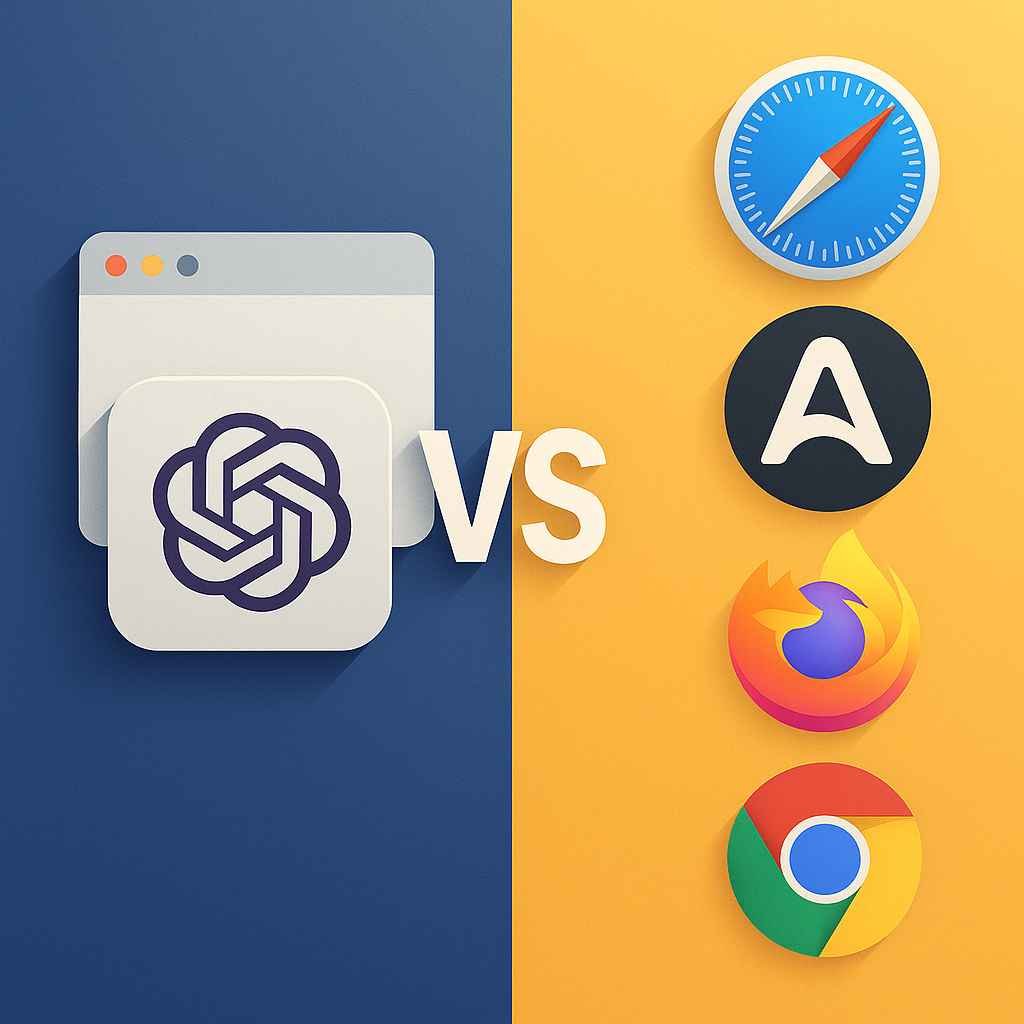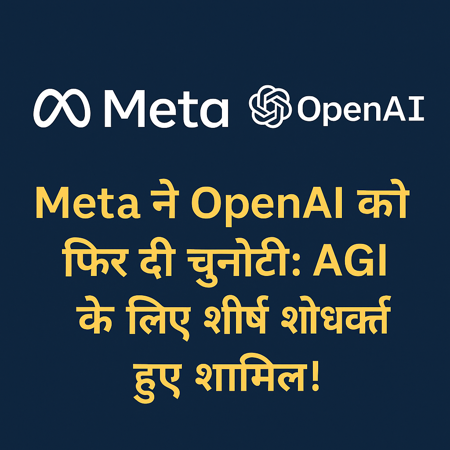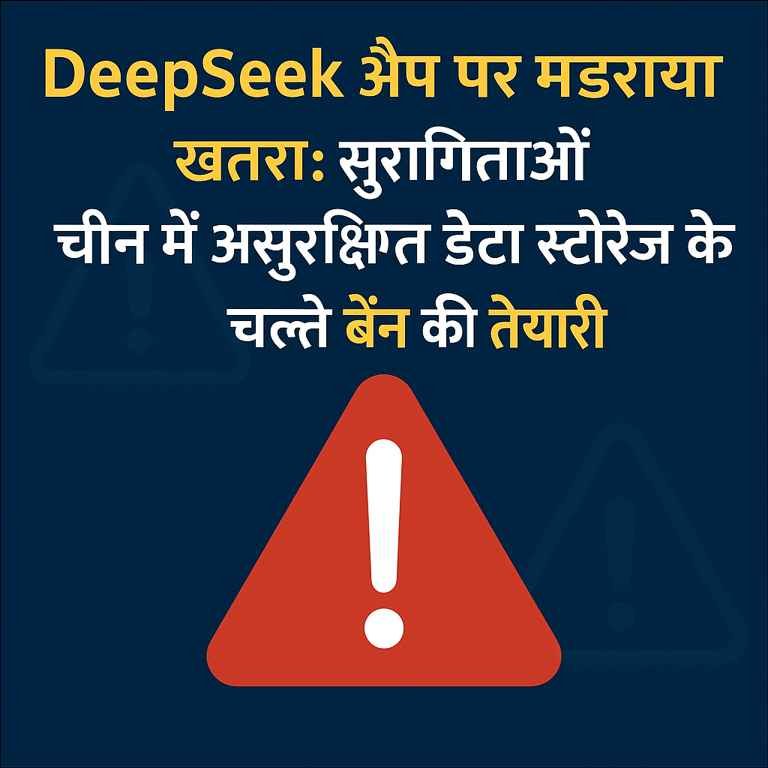For decades, web browsers have acted as simple gateways to the internet—static, passive, and often overwhelming. But a seismic shift is underway. A new breed of AI-powered browsers is emerging, led by OpenAI’s upcoming ChatGPT browser and Perplexity AI, that promises to reshape how we interact with the web entirely. Instead of just clicking links, users can now talk to their browsers, ask questions, summarize content, and even automate tasks—instantly.
This isn’t just a feature upgrade. It’s a fundamental rethinking of what a browser can do. And if you’re still relying solely on Chrome, Safari, or Firefox, you may soon find yourself behind the curve.
What Sets AI Browsers Apart?
Traditional browsers like Chrome or Safari operate as neutral platforms: they load pages, run scripts, and let users manually do the rest—search, filter, navigate, bookmark, etc. AI browsers, by contrast, introduce a conversation-first approach. You don’t need to open 10 tabs to compare laptops or copy-paste text into a translator. You can simply type: “Summarize this article,” or “Book me a flight for next Thursday,” and the browser will do it.
For example, OpenAI’s ChatGPT browser will include an embedded conversational agent named “Operator,” capable of completing real tasks on websites. Similarly, Perplexity’s AI-native browser transforms every tab into an intelligent research assistant—providing sources, summaries, and answers in real-time. These tools turn the browser from a passive viewer into an active collaborator.
Key Limitations of Traditional Browsers
Despite their market share, mainstream browsers have become bloated and inefficient. Chrome, for instance, is infamous for consuming excessive RAM and battery. Users juggle dozens of tabs, dig through endless bookmarks, and rarely get personalized support. Privacy is another red flag—these browsers often serve dual purposes: helping users access the web while feeding data into advertising algorithms.
In contrast, AI browsers promise minimal tab clutter, memory-efficient operations, and a user experience that adapts to context. Tasks that once required extensions or manual scripting—like reading PDF summaries, form-filling, or data extraction—are now handled natively through chat commands.
Who Should Be Paying Attention?
If you’re a student, researcher, content creator, or even a casual web user, the AI browser revolution affects you. Time wasted digging through forums or comparing products can now be recovered through intelligent prompts. Professionals working in fast-paced industries will especially benefit from faster decision-making powered by summarized insights and task automation.
More importantly, these browsers are redefining digital accessibility. Imagine a user with limited motor skills navigating the internet using voice alone—something AI browsers can streamline. Or a non-native speaker who can ask the browser to explain technical articles in plain English. The web is becoming not just easier to access, but easier to understand.
Challenges Ahead for AI Browsers
While the hype is justified, AI browsers still face uphill battles. Privacy remains a concern—what data are these AI models storing, and how is it used? Moreover, dependency on large language models could lead to hallucinated content or misinformation if not properly verified. Adoption will also be gradual; millions of users are deeply entrenched in Chrome’s ecosystem of bookmarks, passwords, and extensions.
But OpenAI and Perplexity are betting on a future where users value clarity over clutter, assistance over overload. And with increasing public awareness of digital well-being and cognitive fatigue, that bet might just pay off.
The takeaway? The AI browser era is not coming—it’s here. And while it won’t immediately replace Chrome or Safari, it will force them to evolve. Users now have a choice: stick with the old or step into a more intelligent web experience.
The information provided in this article is prepared based on various sources and details available on official websites. While we make every effort to provide accurate information, some details may change or vary over time. Before making any purchase or decision, please verify the information yourself and do your own research.



